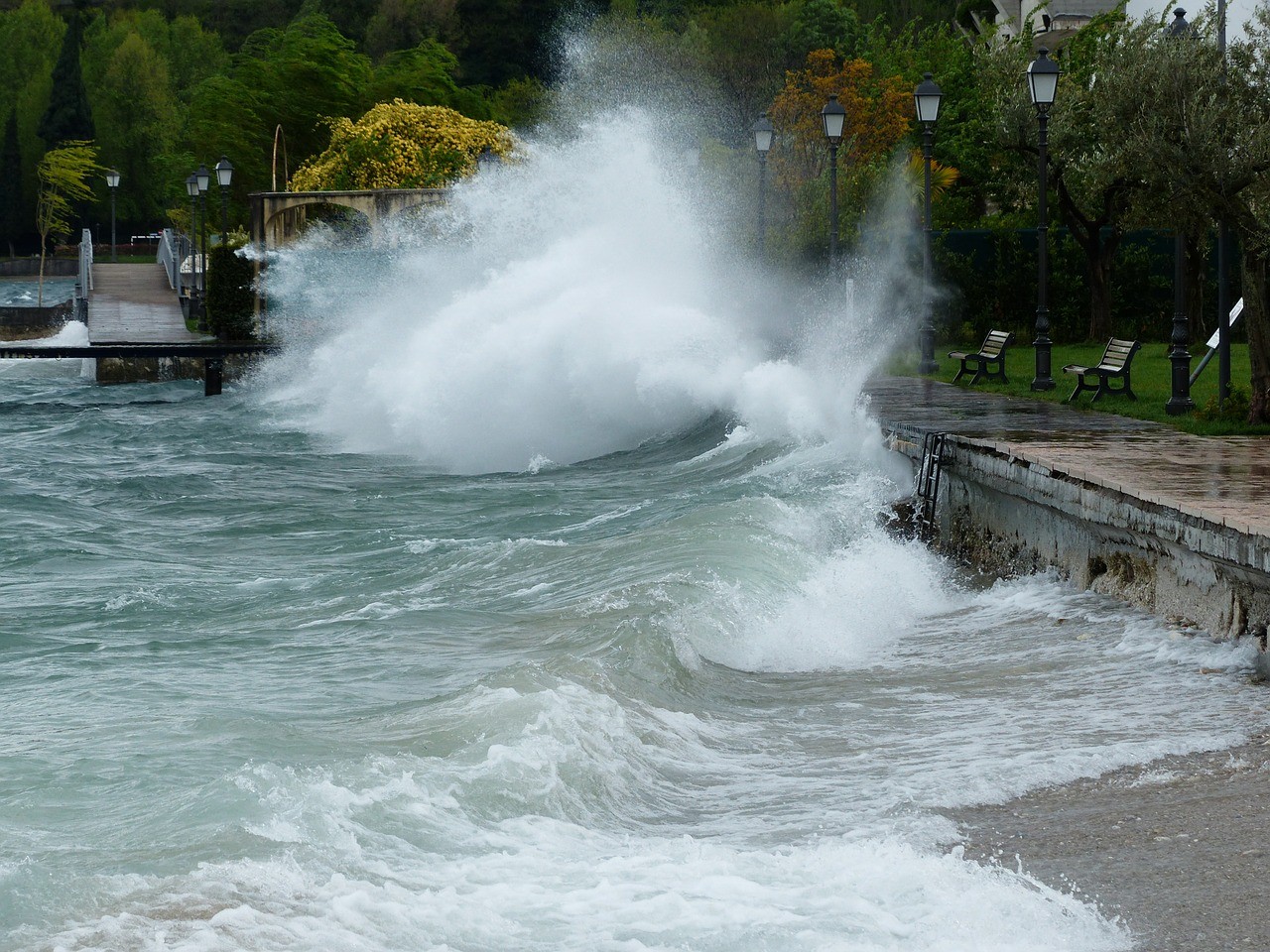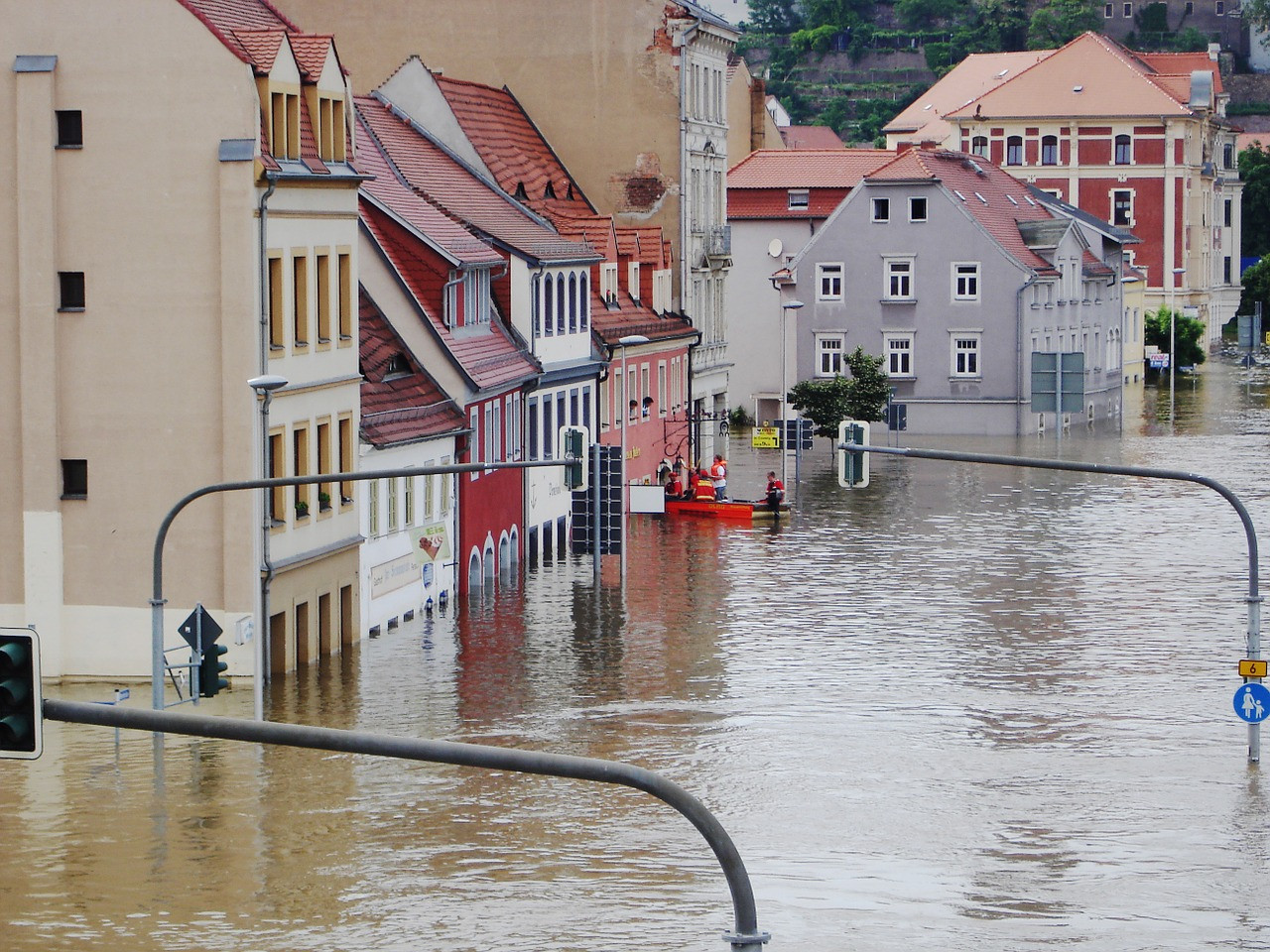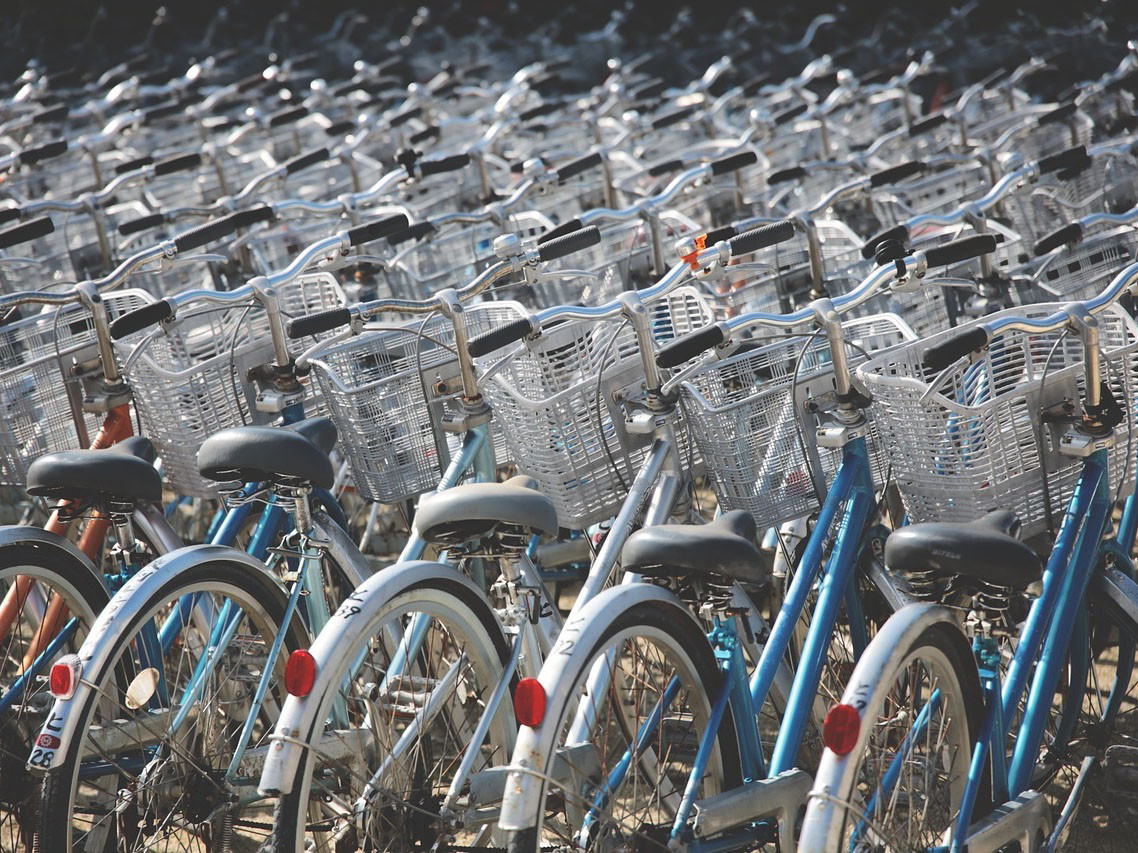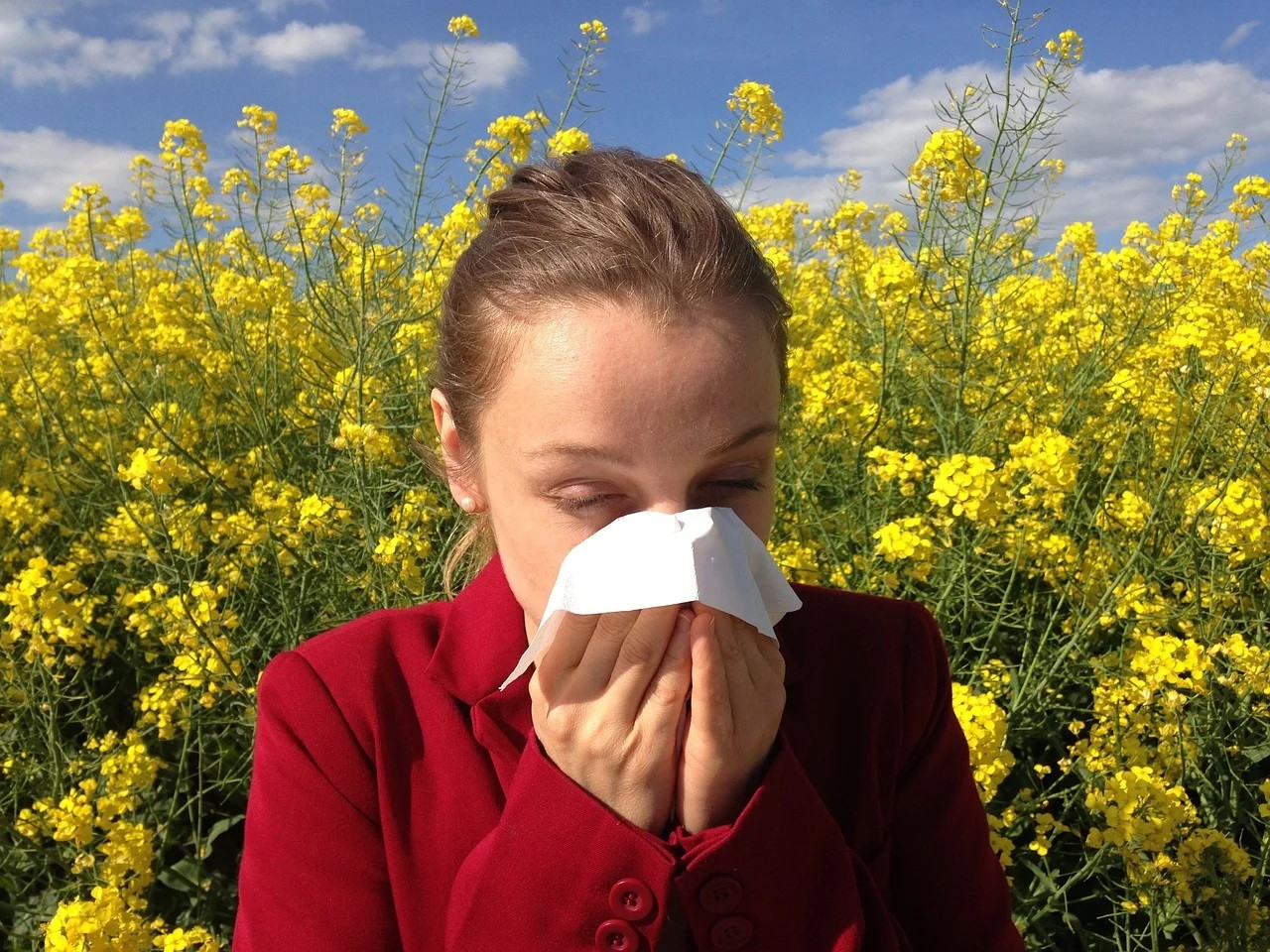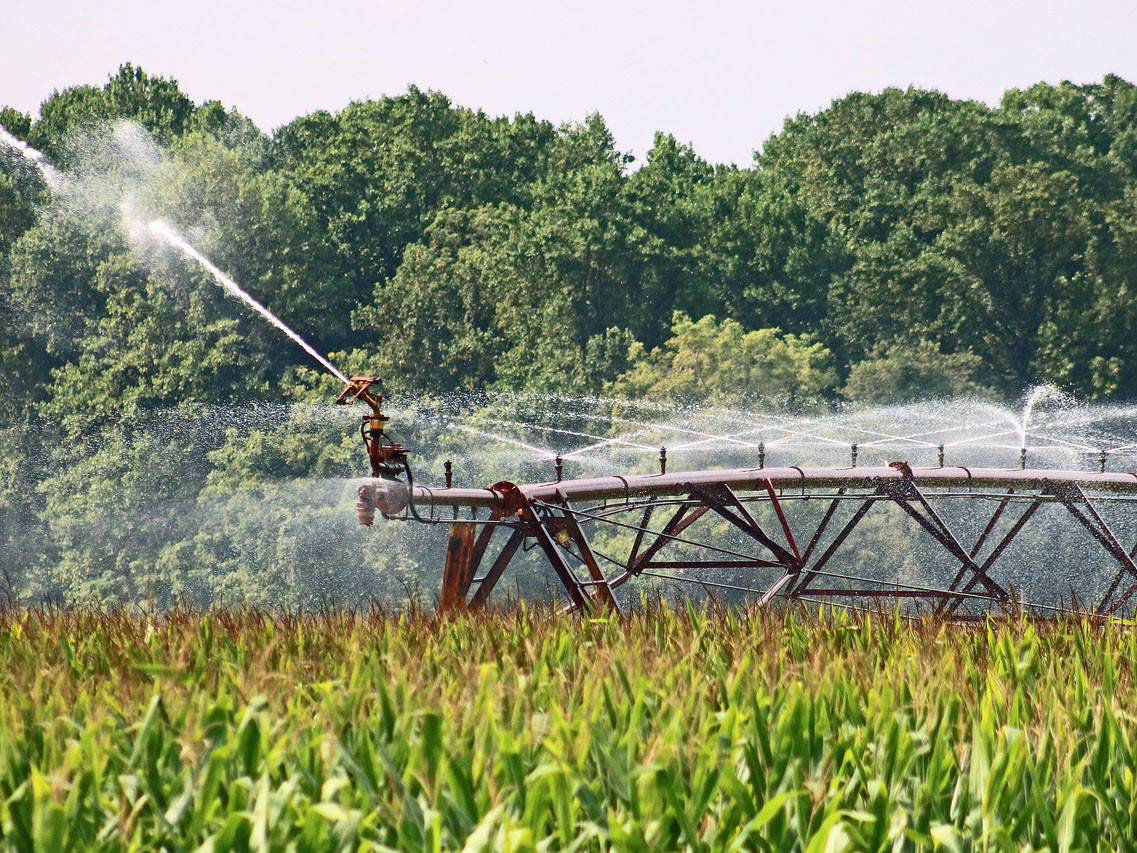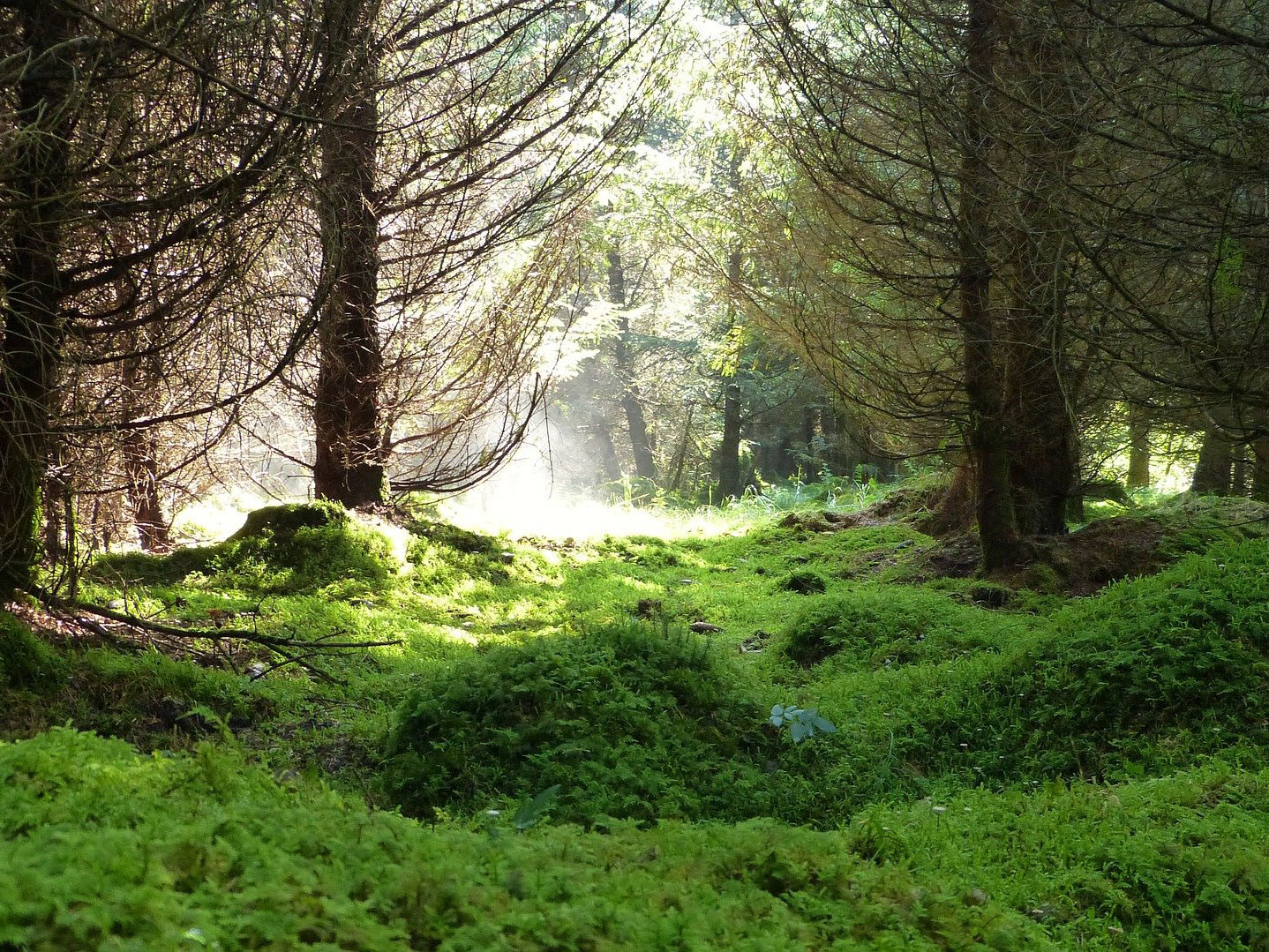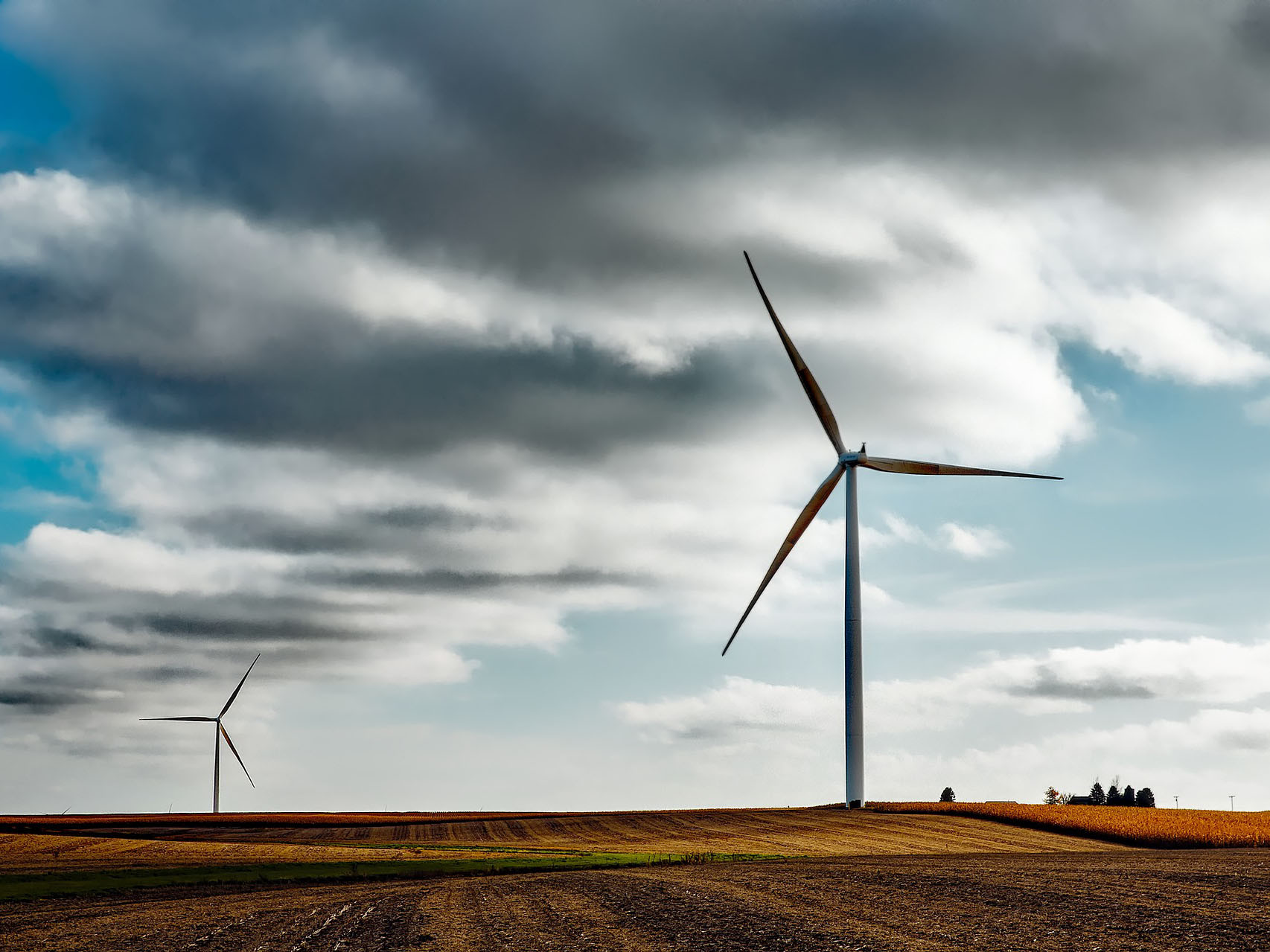The global mean temperature has already risen by 1.1 degrees Celsius compared to the preindustrial age. Despite all efforts being made to reduce emissions, this warming will continue or persist for a long time to come and entail many changes for our lives, including with regard to our health, urban planning and development, and our mobility. In a total of nine projects, the Adapting to Extreme Events (adaptation) cluster researches what exactly these changes may mean for us. The results will simulate or model future scenarios. These insights will provide stakeholders and decision-makers with a new basis on which to take action.
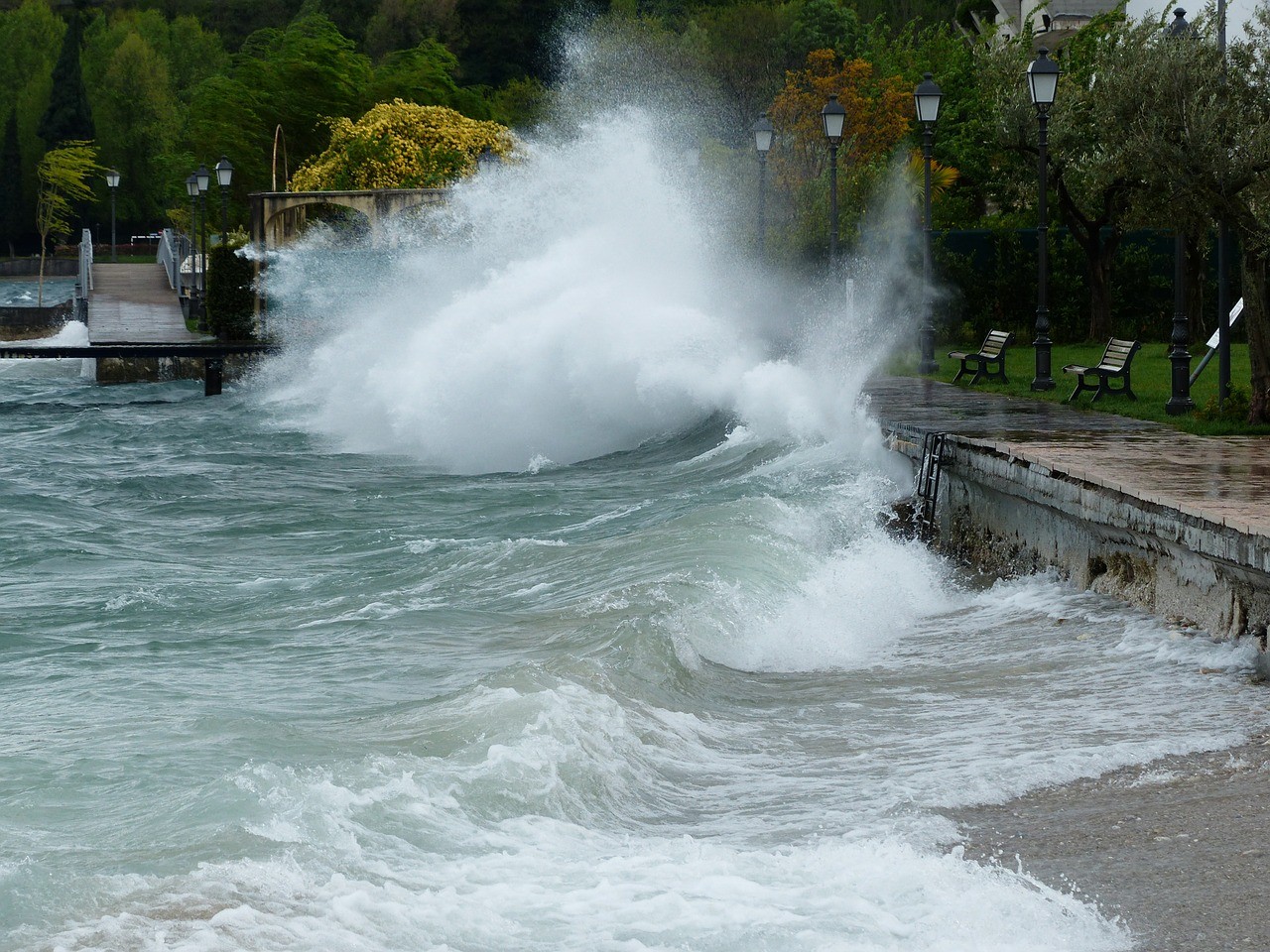
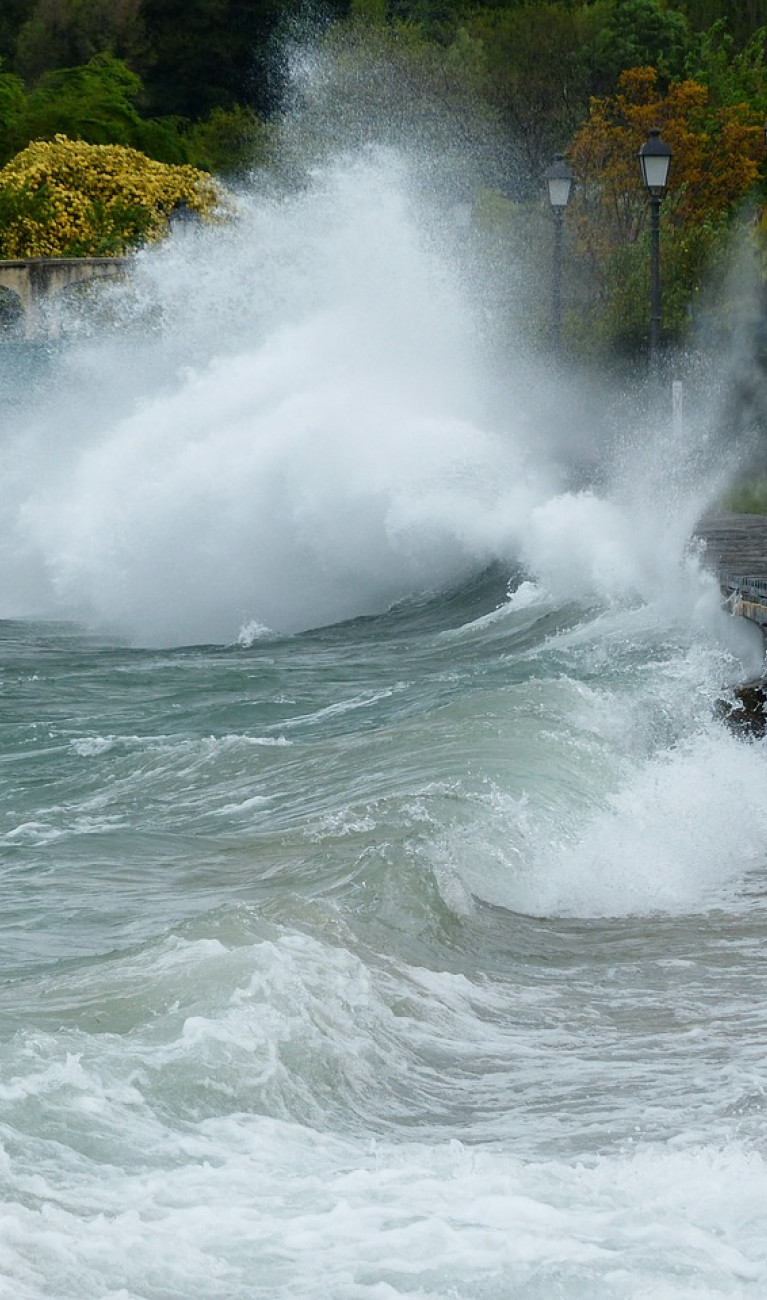
Drivers
Which forces are driving extreme climatic events in Europe? The “Drivers” project is investigating this question. The aim of this project is to generate and process novel scenario data of driving forces of extreme climatic events and to make them available for further use.

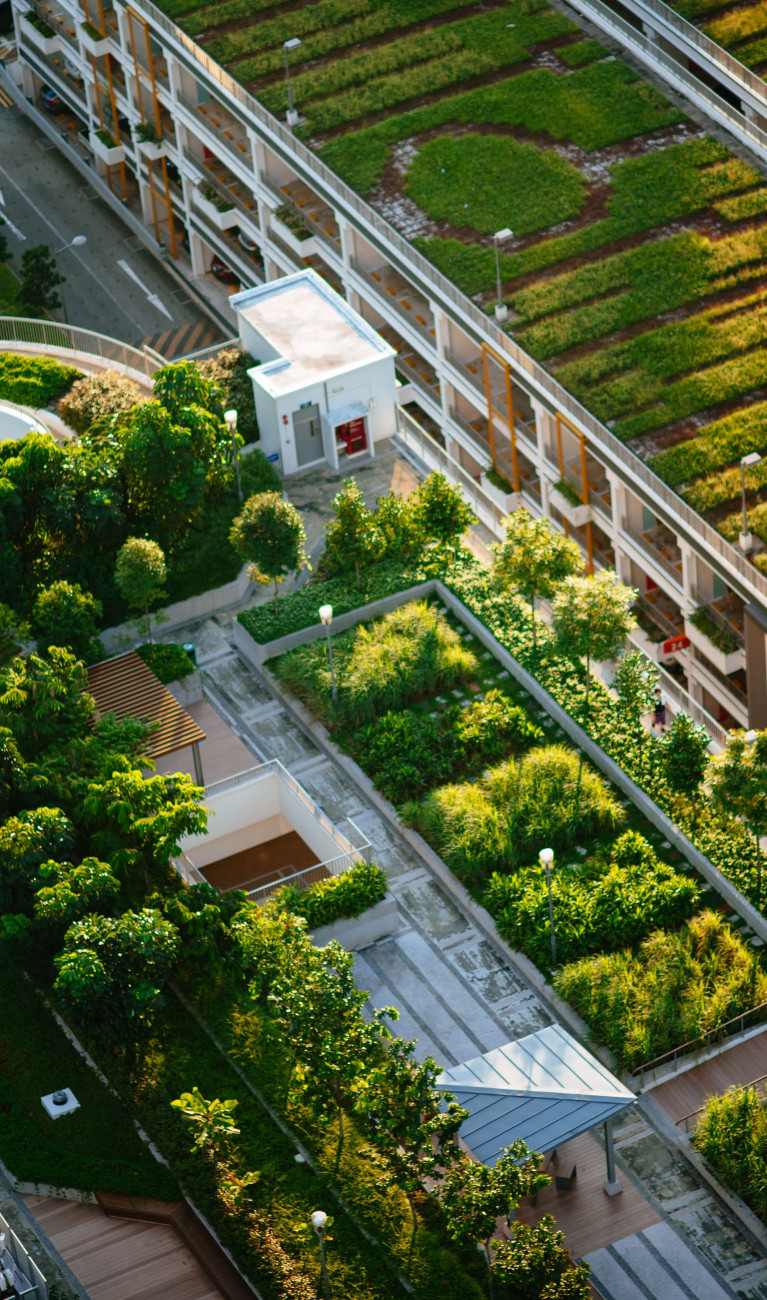
Urban Systems
Changes in the climate have particularly extreme effects in cities: for example, heat islands are formed, while droughts, storms, and floods negatively impact people’s health as well as green and developed infrastructures.
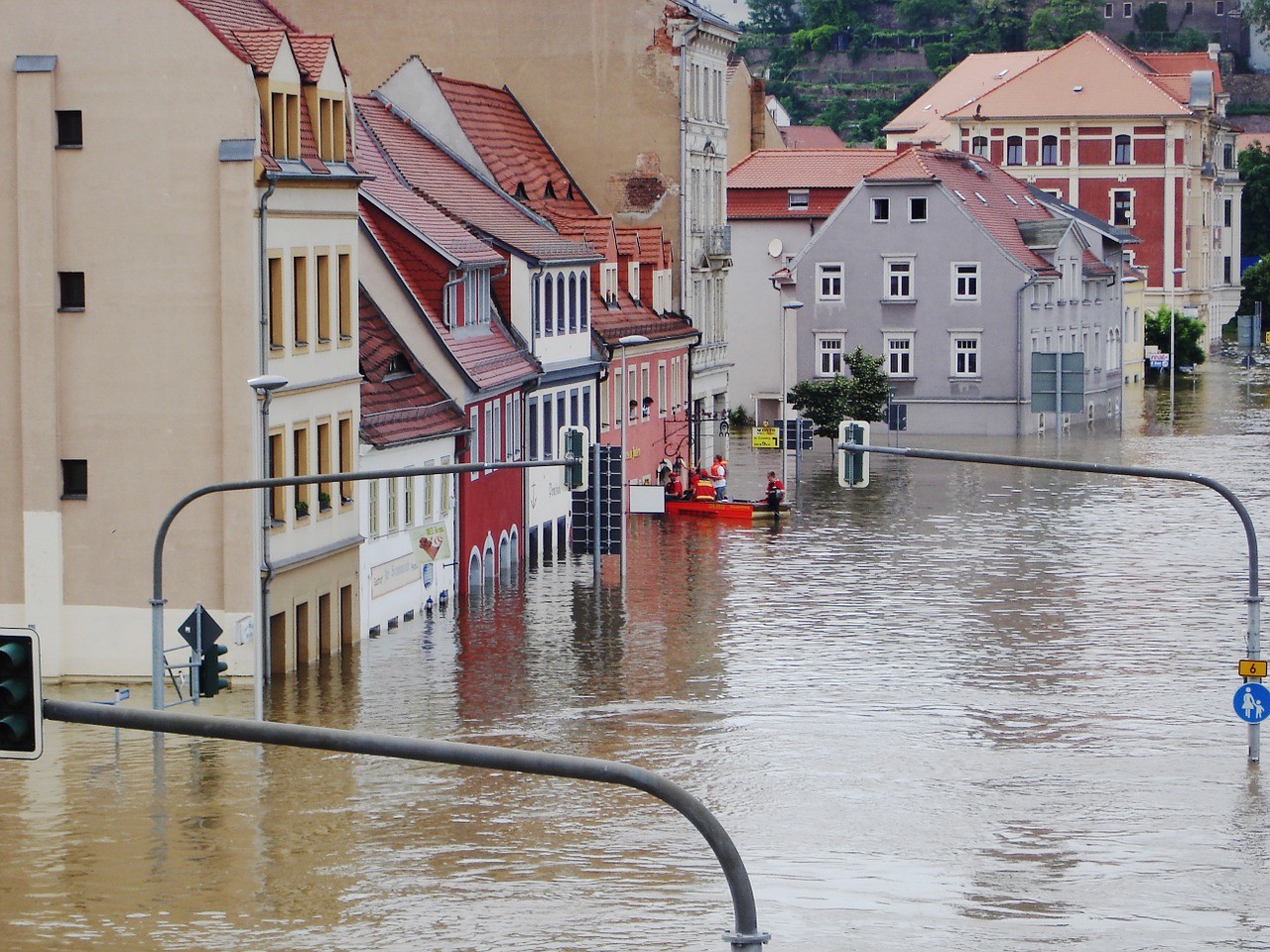
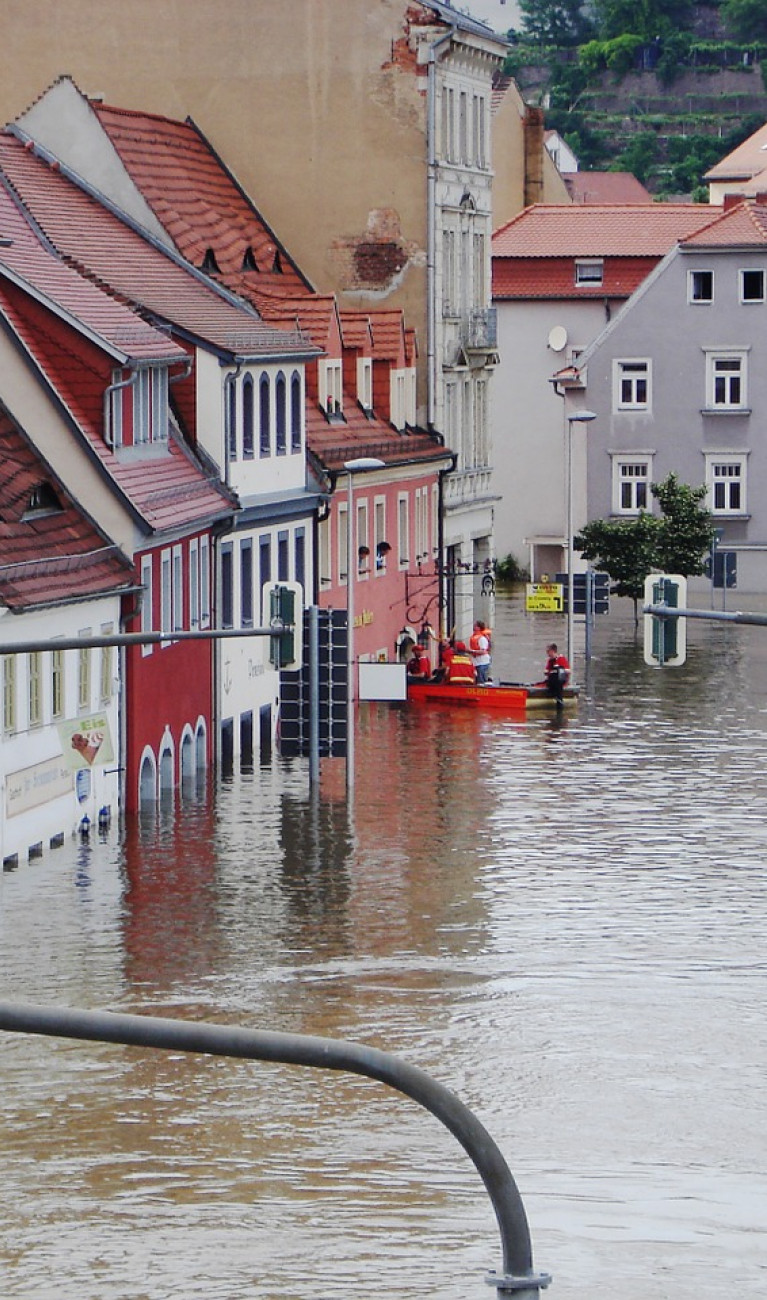
Urban flash floods and sewerage
In recent years, the frequency and intensity of heat waves, combined with dry spells and heavy rainfall, have increased considerably in most parts of Germany and Europe.
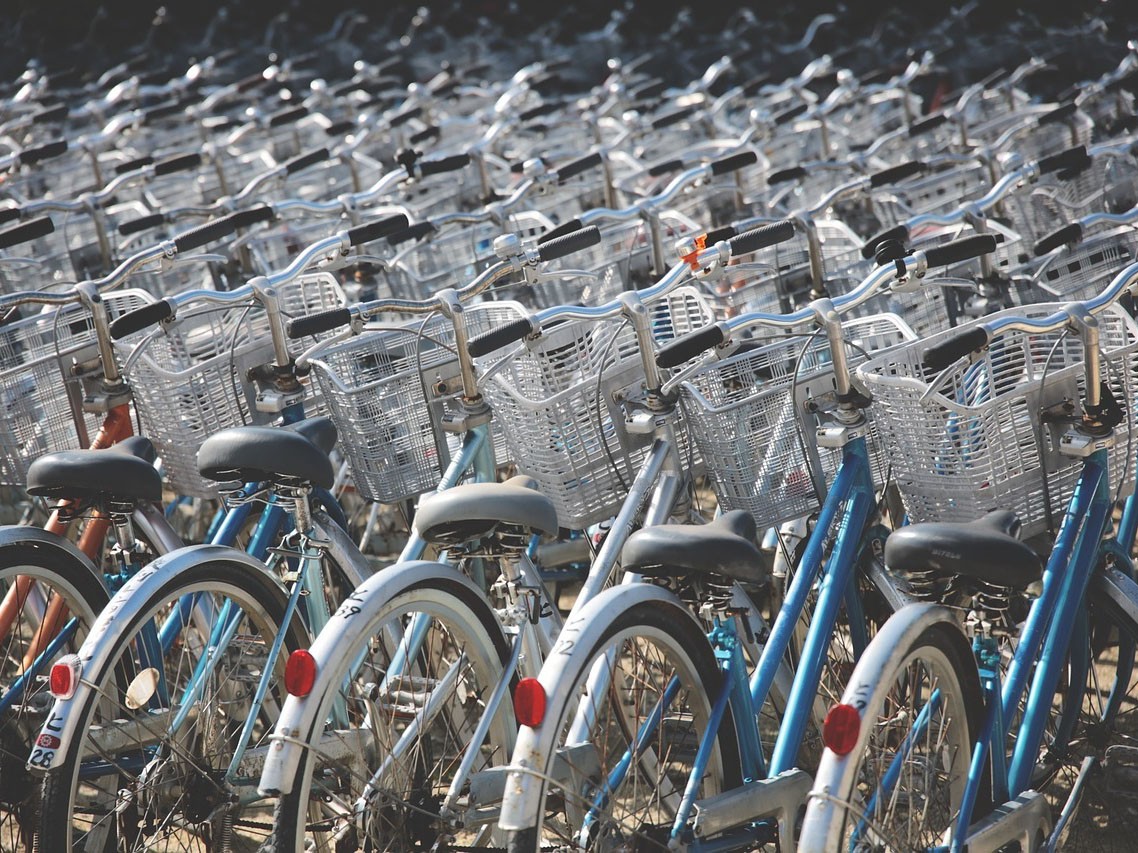

Mobility
In the future, cities and rural regions will have to deal much more intensively with adaptation to climate change in order to remain places of high quality of life and ensured mobility.


Infectious diseases and allergies
Infectious diseases transmitted by ticks, for example, and pollen-related allergies are currently treated in scientific literature as effects of climate change.
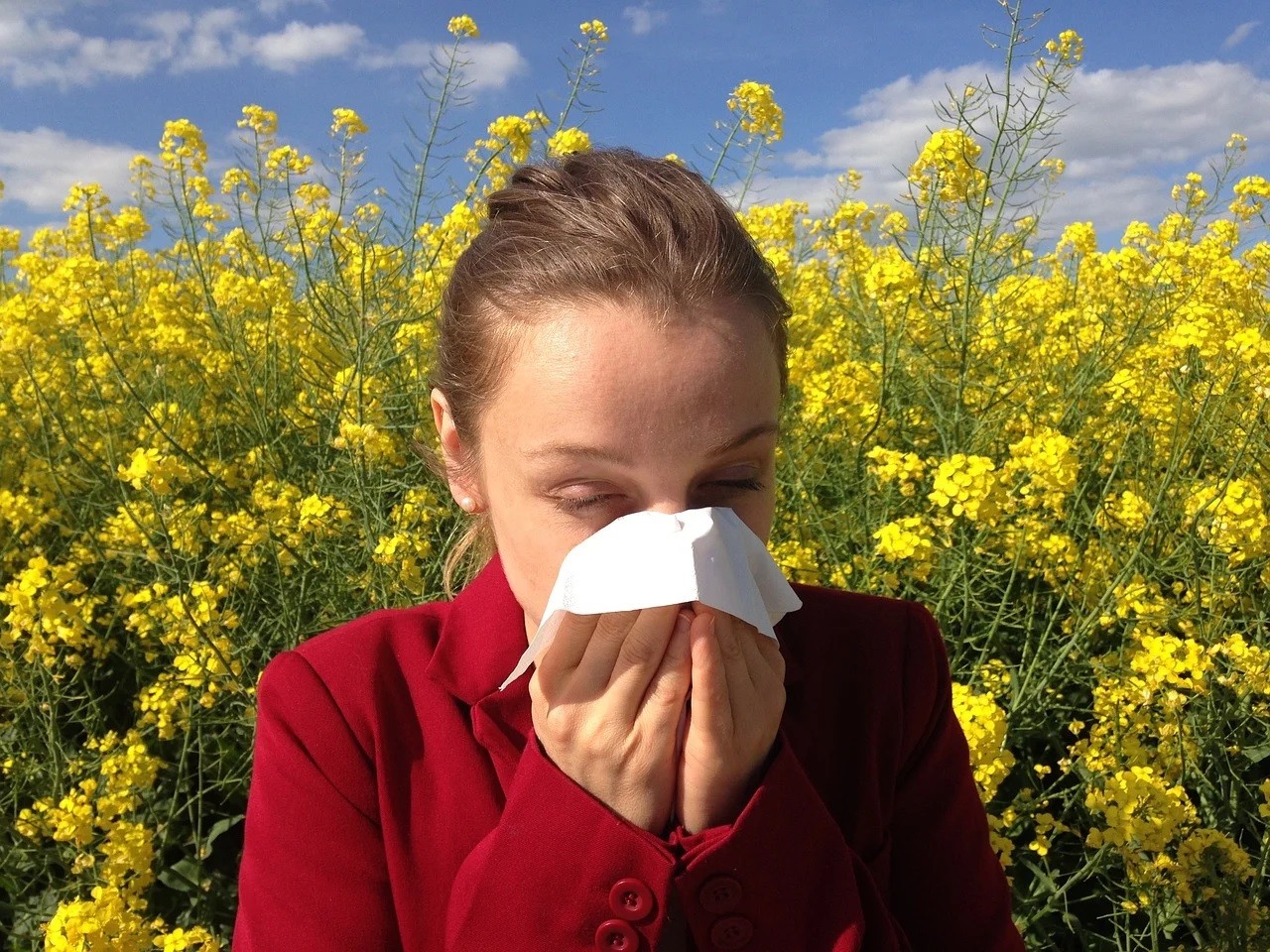
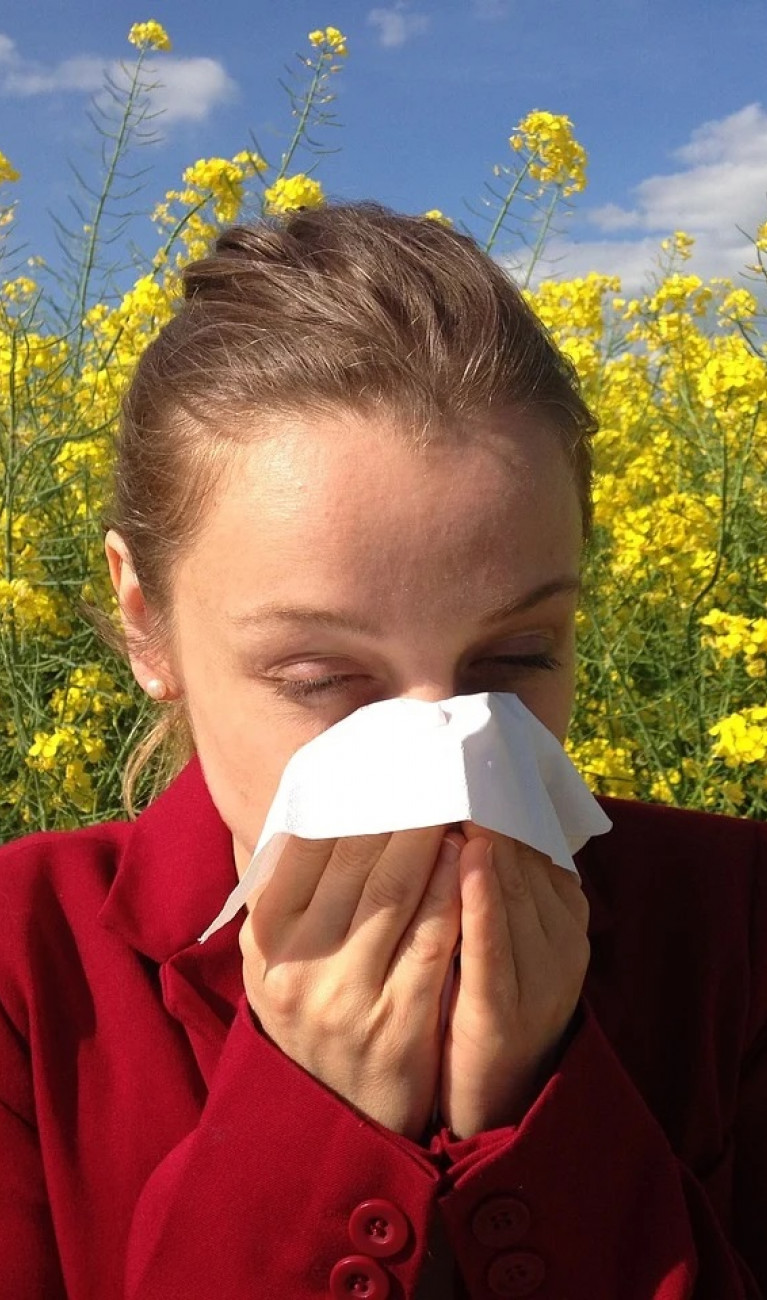
Impacts on health in NAKO & Rhineland study
The German National Cohort (Nationale Kohorte – NAKO) and the Rhineland study assess the health of more than 210,000 adults. Participants are subject to repeated examination over the years.
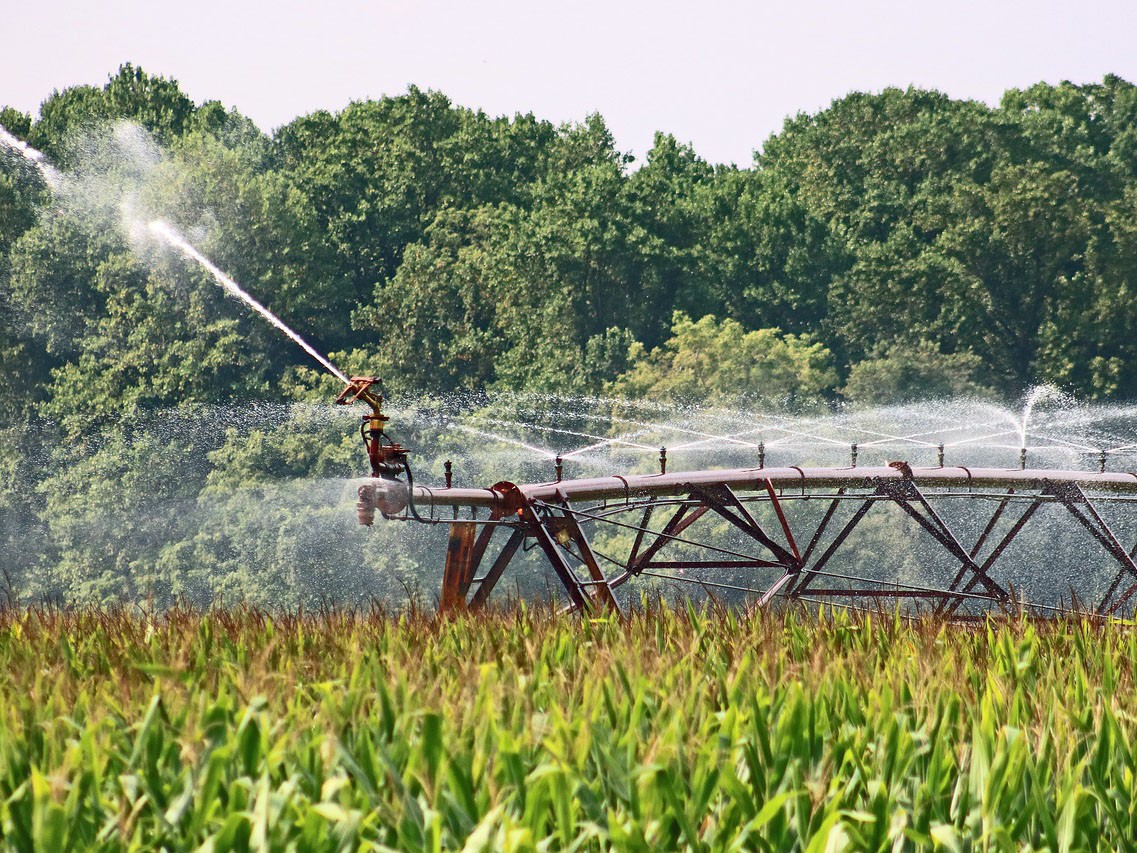
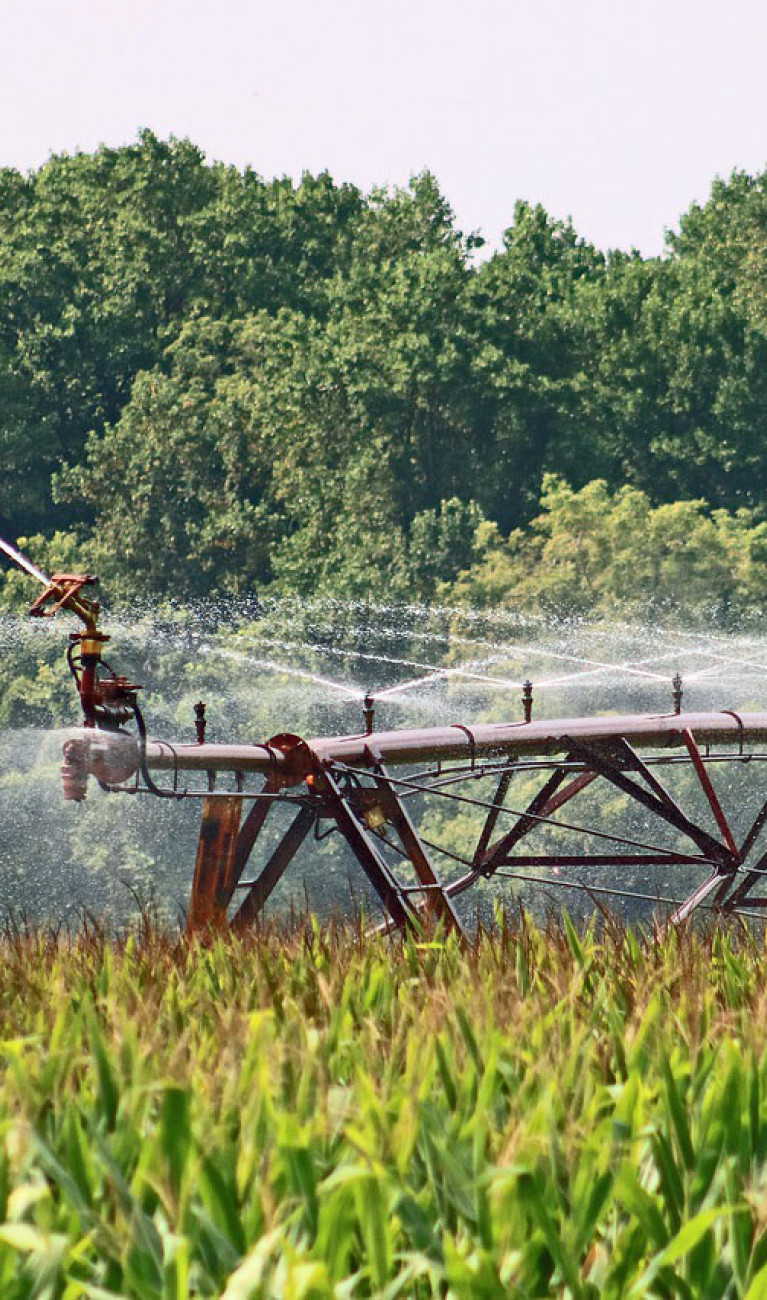
Agricultural and aquatic systems
The aim of the “Agricultural and aquatic systems” project is to record the development of these sensitive and complex systems with regard to climatic extremes in Germany.
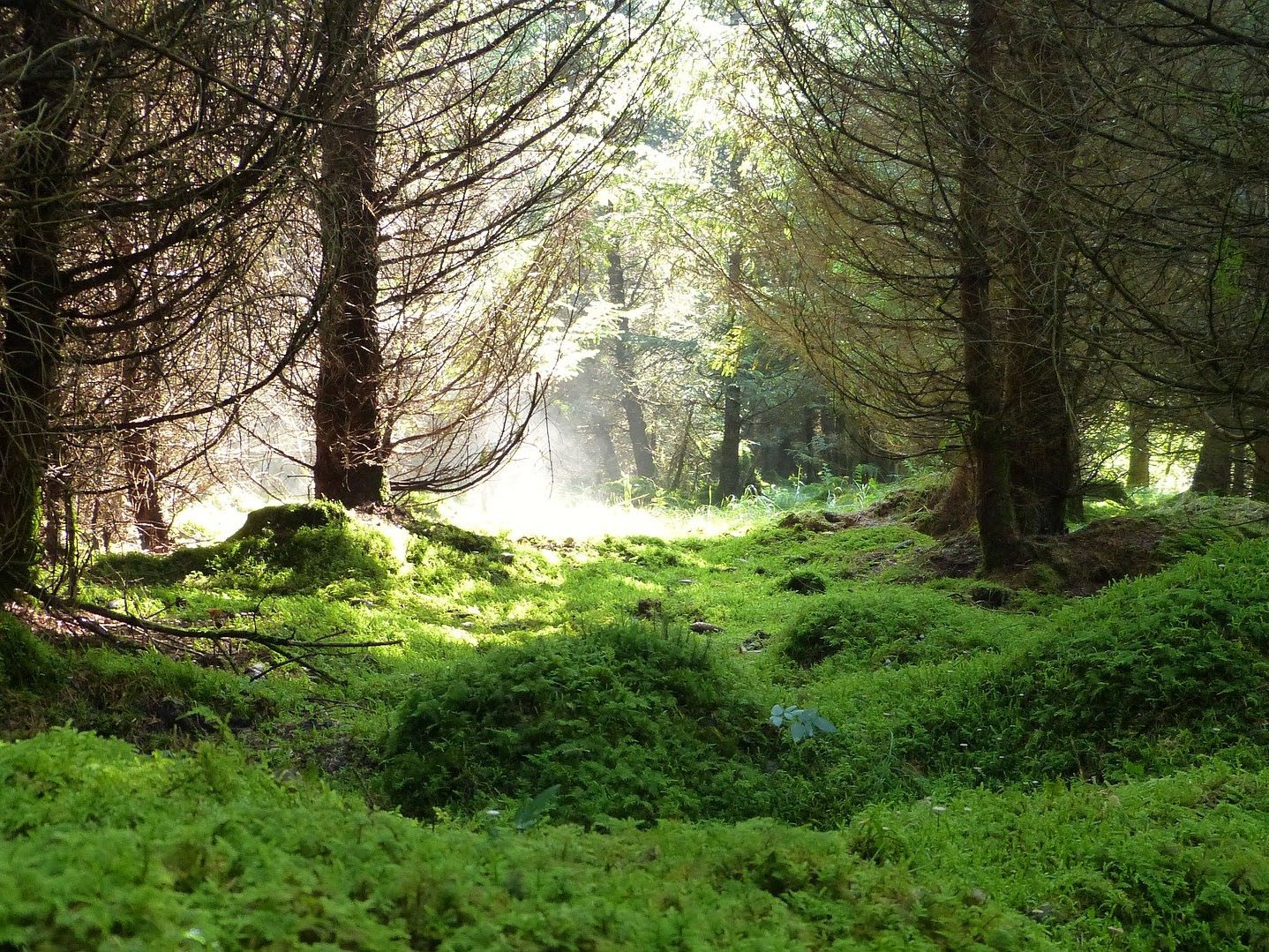

Forest ecosystems
Forests are a relevant ecosystem of the biosphere. They cover 30 percent of the land, store a huge amount of carbon (in Germany ~ 1.000 mio. tons carbon) and they are an important part of the carbon and water cycle.
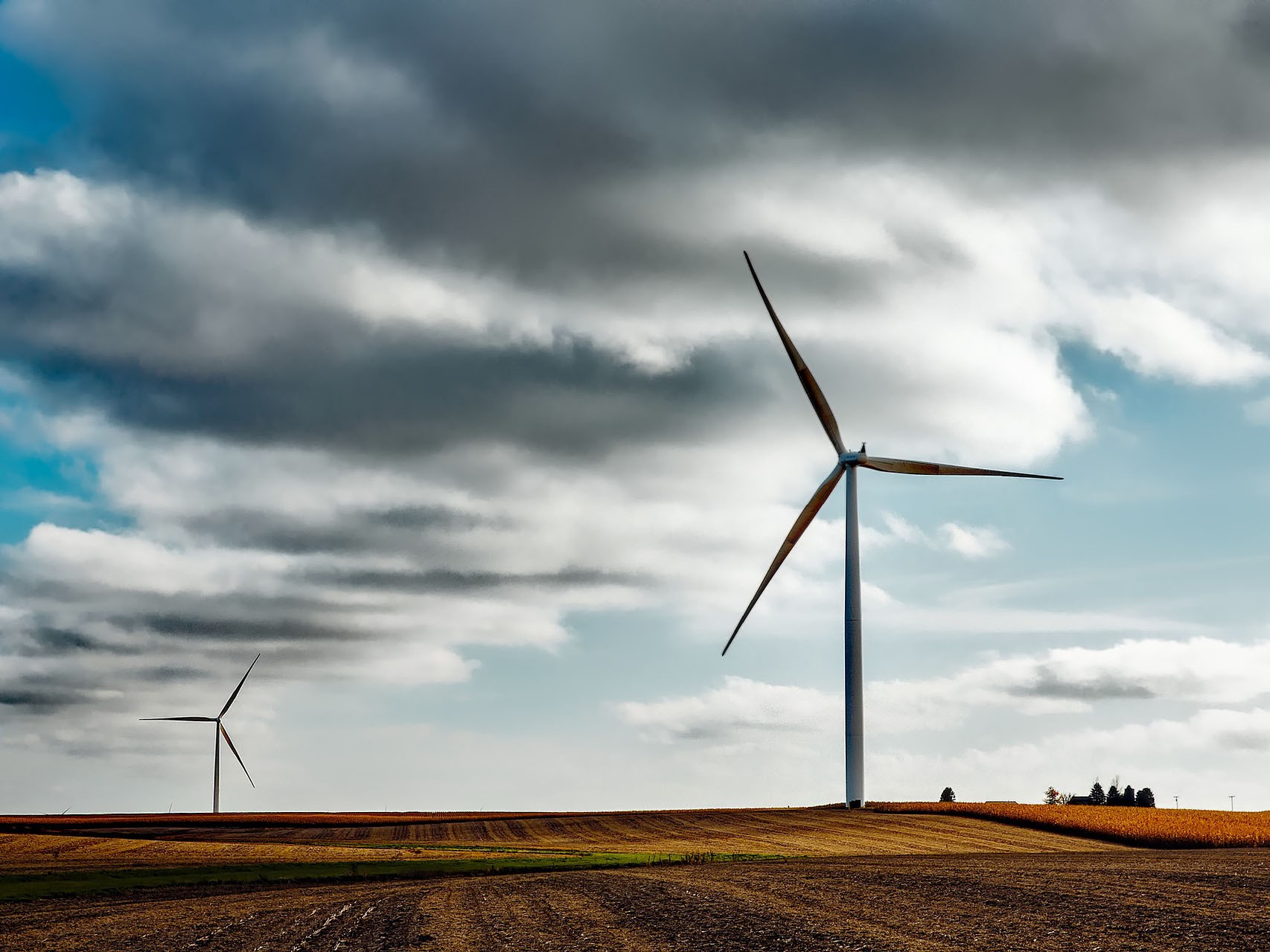
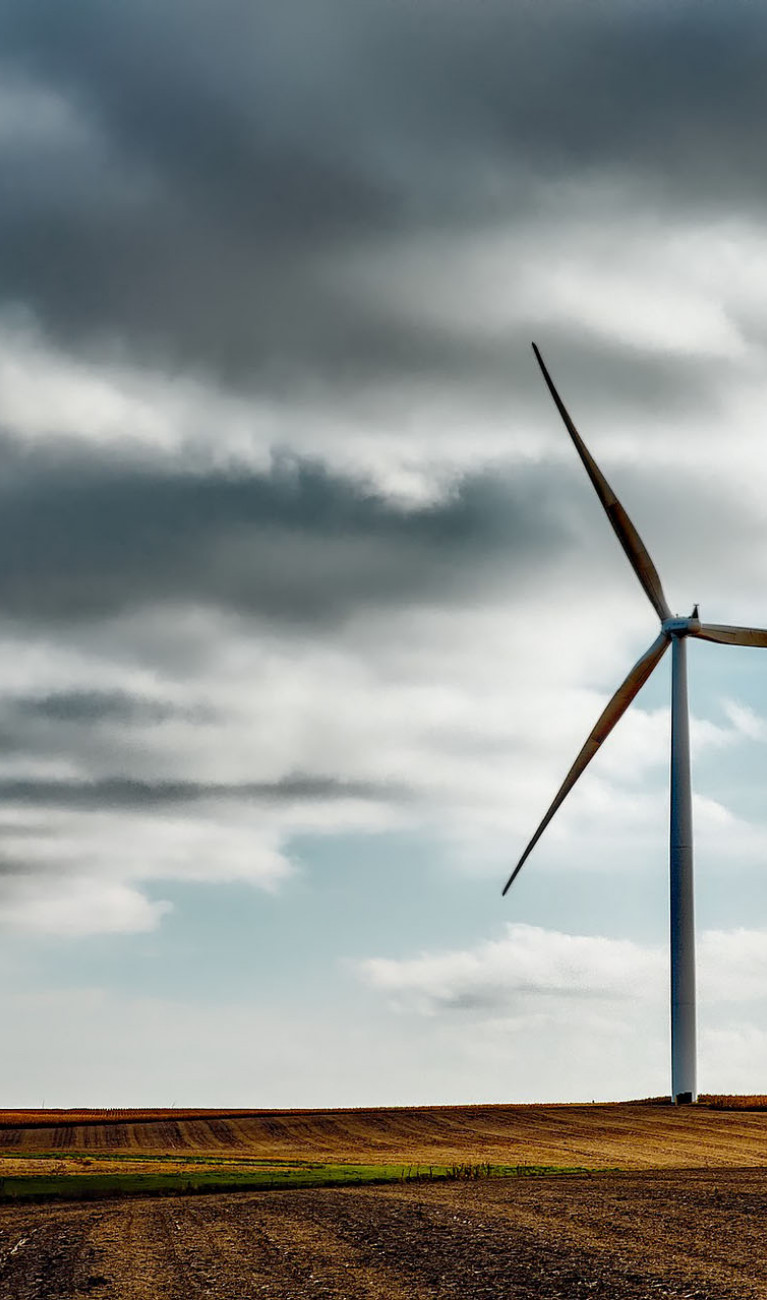
Power Generation from Variable Renewable Energies
Renewable Energies are subject to weather- and climate-induced changes. For the energy supply by ground-based, Variable Renewable Energies (VRE), comprehensive information on the effects of extreme weather events on the power supply is need.
